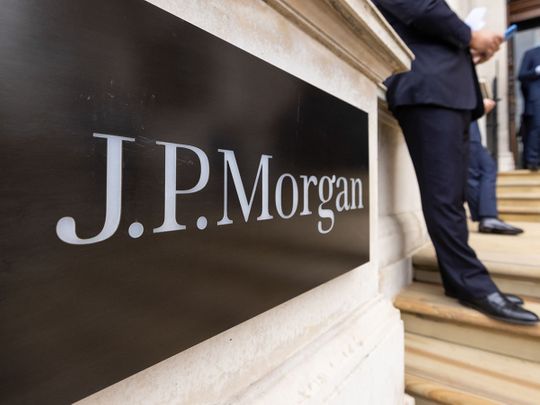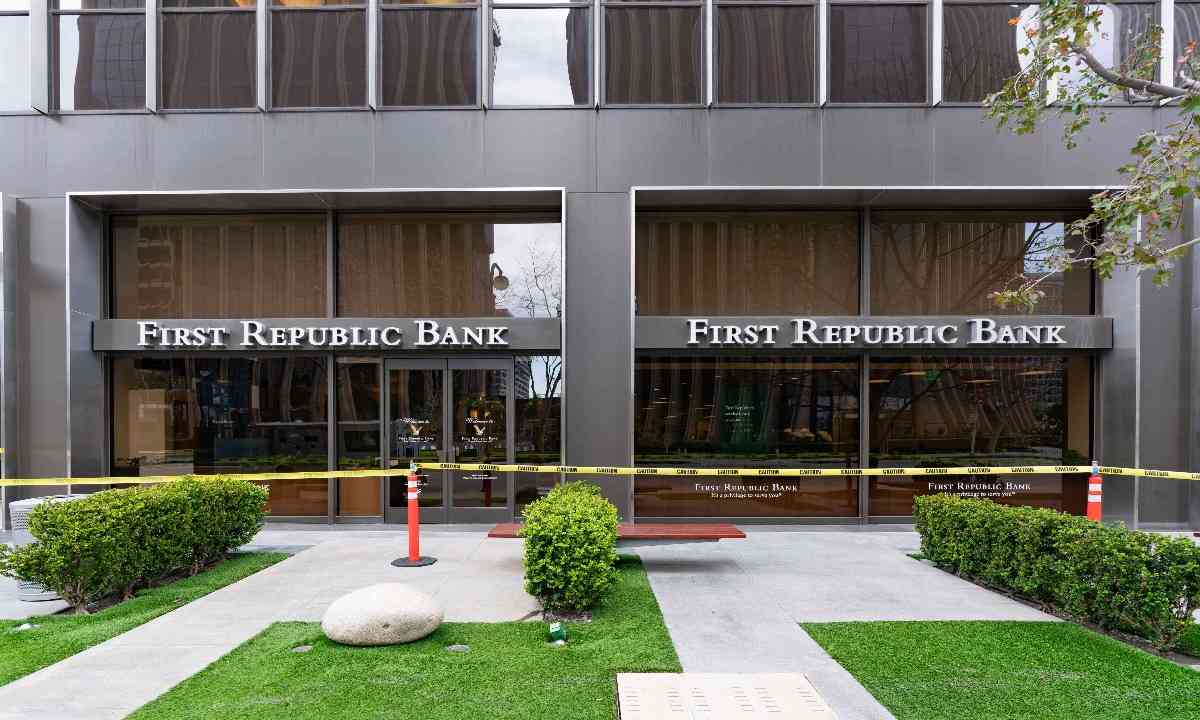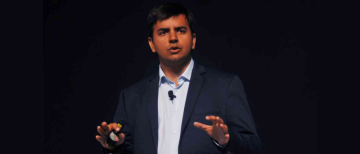In an effort to prevent further banking turmoil in the United States, regulators seized the troubled First Republic Bank early Monday, making it the second-largest bank failure in U.S. history.
The San Francisco-based bank promptly sold all of its deposits as well as the majority of its assets to JPMorgan Chase Bank. Washington Mutual was the only larger bank to fail; it went under at the height of the 2008 financial crisis and was also bought out by JPMorgan.
First Republic has battled since the Walk implodes of Silicon Valley Bank and Mark Bank and financial backers and contributors had developed progressively concerned it probably won't endure due to a high measure of uninsured stores and openness to low loan cost credits.
The 84 First Republic Bank locations in eight states will reopen as JPMorgan Chase Bank branches, according to early Monday announcements from the Federal Deposit Insurance Corporation. All deposits will be accessible to depositors in full.

Controllers dealt with toward the end of last week and this end of the week to track down a way forward before U.S. securities exchanges opened. They sought bids for the assets of First Republic Bank and once more turned to JPMorgan Chase, the largest bank in the nation known for making deals in times of crisis. JPMorgan was also hired by Treasury officials last month to lead a $30 billion First Republic funding package.
The chairman and chief executive officer of JPMorgan Chase, Jamie Dimon, stated, "Our government invited us and others to step up, and we did."
According to the FDIC, as of April 13, First Republic had $104 billion in deposits and approximately $229 billion in assets. The FDIC estimated that placing First Republic in receivership would cost $13 billion to its deposit insurance fund. A record $20 billion was spent by the fund to save Silicon Valley Bank.
First Republic's banking franchise was the envy of most of the industry before Silicon Valley Bank failed. The majority of its customers, wealthy and powerful, rarely defaulted on their loans. The bank has made a big deal about its lucrative minimal expense credits to the rich, which purportedly included Meta Stages President Imprint Zuckerberg.
First Republic's total assets more than doubled from $102 billion at the end of the first quarter of 2019, when it had 4,600 full-time employees, thanks to deposits from wealthy customers.
Yet, by far most of its stores, similar to those in Silicon Valley and Mark Bank, were uninsured — that is, over as far as possible set by the FDIC. Investors and analysts were also alarmed by this. The depositors of First Republic may not receive all of their money back in the event of its failure.

The bank's most recent quarterly results made those worries even more apparent. After Silicon Valley and Signature Bank failed, First Republic said, customers rushed to withdraw over $100 billion in deposits. The rapidity of social media and digital withdrawals that can be made from a cell phone in a matter of seconds fueled First Republic's demise, in contrast to previous bank runs.
The First Republic, based in San Francisco, claimed that the $30 billion in funding it received from a group of large banks in the middle of March helped it keep going. The bank planned to sell off unprofitable assets, such as the low-interest mortgages it offered to wealthy clients, in order to turn around. It also said that it would lay off up to a quarter of its 7,200 employees, who will be gone by the end of 2022.
The devastating quarterly report shook investors' confidence and sent them fleeing. First Republic shares fell 75% last week and shut Friday at $3.51. It is likely that any remaining shareholders will be wiped out. On March 8, just prior to the failure of Silicon Valley Bank, the shares were trading at $115.
The Central Bank and FDIC, which control the financial business alongside the Workplace of Specialist of the Cash, could confront recharged analysis over their treatment of First Republic. In separate reports released on Friday, both acknowledged that Signature Bank and Silicon Valley Bank's failures were caused by inadequate supervision.
It's possible that JPMorgan and Dimon have a feeling of déjà vu: Dimon was Washington's go-to banker in 2008 when JPMorgan bought Bear Stearns and Washington Mutual to find private solutions to the banking crisis.
JPMorgan said in a statement that the First Republic deal was good for the company as well as the financial system. As a feature of the understanding, the FDIC will impart misfortunes to JPMorgan on First Republic's credits. JPMorgan anticipates that the option of First Republic should add $500 million to its net gain each year, despite the fact that it hopes to bring about $2 billion in costs coordinating the Initial Republic into its activities throughout the following year and a half.
© Copyright 2023. All Rights Reserved Powered by Vygr Media.

























